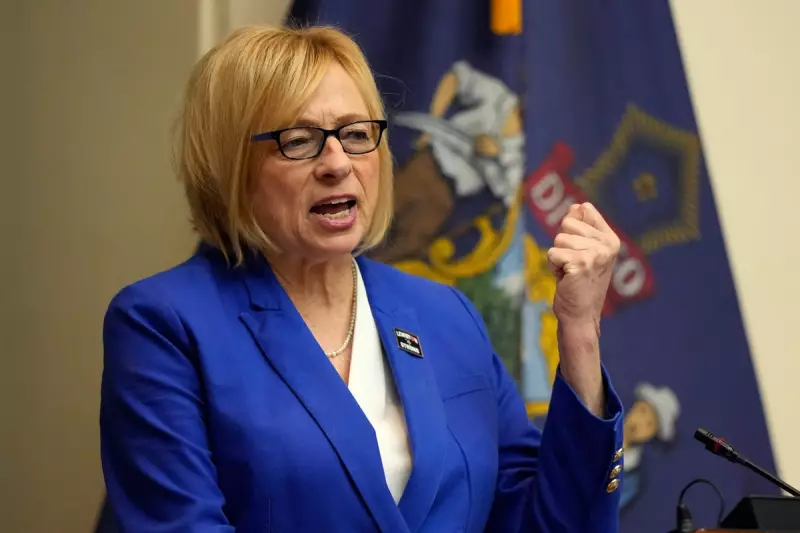
In a decisive move that has stunned political reformers, Maine Governor Janet Mills has exercised her veto power to block legislation that would have dramatically expanded the state's pioneering ranked-choice voting system.
The Democratic governor's rejection of LD 1578 represents a major setback for campaigners who had hoped to see Maine become the first state in America to implement ranked-choice voting for both presidential primaries and general elections.
Bipartisan Support Not Enough
Despite earning overwhelming bipartisan approval in Maine's legislature, with the state House backing the measure 80-65 and the Senate passing it 20-13, Governor Mills remained unconvinced about expanding the electoral experiment.
"I do not believe this is a reform whose time has come," declared Governor Mills in her veto message, expressing concerns about potential voter confusion and constitutional questions surrounding the proposed changes.
What Was Proposed?
The controversial legislation would have:
- Established ranked-choice voting for presidential primary elections
- Extended the system to the general election for presidential candidates
- Built upon Maine's existing ranked-choice framework used in congressional elections
Maine currently stands as the only state employing ranked-choice voting for federal office elections, having implemented the system for its congressional races following a 2016 ballot initiative.
Mixed Reactions Across Party Lines
The governor's decision has generated contrasting responses from political figures. Republican US Senator Susan Collins welcomed the veto, having previously expressed reservations about the ranked-choice system.
However, the move has disappointed electoral reform advocates like state Representative Arthur Bell, who championed the legislation as a means to ensure majority support for elected leaders.
The outcome leaves Maine's electoral landscape unchanged for the forthcoming presidential contest, maintaining the traditional voting system that reformers had hoped to transform.





